Jean-Richard Bloch: pensamiento y creación
llistat de metadades
Autor/a
Director/a
Santa, Àngels
Fecha de defensa
1999-06-18
ISBN
9788469222324
Depósito Legal
L-365-2009
Departamento/Instituto
Universitat de Lleida. Departament de Filologia Clàssica, Francesa i Hispànica
Resumen
La tesis tiene como objeto de estudio el pensamiento de Jean-Richard<br/>Bloch, un autor algo descuidado por la crítica literaria pese a que ejerció un<br/>papel destacado en el cenáculo intelectual de la primera mitad del siglo XX.<br/>El análisis se inicia mediante un recorrido biográfico que sitúa al escritor en<br/>el contexto histórico literario del momento e incide en la repercusión que los<br/>acontecimientos sociales tuvieron no sólo en su vida sino en su<br/>pensamiento.<br/>Los capítulos siguientes abordan los principales temas que acaparan la<br/>atención de J.-R.B. a lo largo de sus ensayos, comparándole<br/>reiteradamente con sus contemporáneos para juzgar con mayor justicia su<br/>originalidad.<br/>En arte Bloch se manifiesta favorable a que el artista se comprometa con<br/>los problemas de su entorno y protesta así, contra las ideas preconizadas<br/>por Gautier en el siglo XIX. El arte se convierte en un órgano capaz de<br/>regenerar las afecciones socioeconómicas de una civilización cuyos ideales<br/>están en crisis. Esta última premisa domina su trayectoria: las dos guerras<br/>mundiales, el affaire Dreyfus marcan hitos importantes y conducen a Bloch<br/>a posturas no siempre de acuerdo con sus pretendidas tesis de izquierdas.<br/>Pero pese a la derrota moral que la historia le inflige, el pensador no cede<br/>en su intento de descubrir un nuevo ideal capaz de guiar a su sociedad por<br/>un sendero mejor. En esa búsqueda se incluye su recurso al mito<br/>napoleónico que simboliza, a su entender, un prototipo del individualismo<br/>correspondiente al pasado. En ese sentido se orienta su mirada a la<br/>entonces U.R.S.S. o a fenómenos nuevos como el deporte y la tecnología.<br/>Por último, la tesis estudia el comportamiento de Bloch frente a la guerra<br/>civil española: su viaje a esas tierras, su posterior relato del mismo y las<br/>acciones emprendidas para favorecer el triunfo del Frente Popular.<br/>En definitiva, a través del corpus ensayístico la tesis aborda las opciones de<br/>un hombre que se enfrenta a retos difíciles y cuyos criterios oscilan entre la<br/>herencia legada por el siglo XIX y las tendencias modernas, progresistas, en<br/>ciertas ocasiones, visionarias casi, que le permiten intuir problemas todavía<br/>vigentes en nuestra civilización.
This doctoral dissertation examines the philosophy of Jean-Richard Bloch,<br/>somewhat slighted by literary criticism despite his outstanding role in the<br/>intellectual circles of the first half of the twentieth century.<br/>The analysis starts with a biographical account that situates the author in<br/>the historical and literary context of the period, insisting upon the impact of<br/>these events both in his life and his ideas.<br/>The following chapters tackle the main issues that capture the author's<br/>attention in his non-fiction work, repeatedly contrasting it with that of his<br/>contemporaries with the purpose of achieving greater objectivity as regards<br/>the originality of his production. As regards art, Bloch manifests a<br/>predilection for an artist who is concerned with the problems around him,<br/>thus protesting against the opinions circulated by Gautier in the nineteenth<br/>century. Art becomes thus capable of regenerating socioeconomic afflictions<br/>in a civilisation plunged into a crisis of ideals. This last premise dominates<br/>his literary career: the two World Wars and the Dreyfus affair mark turning<br/>points and lead Bloch into taking stands that sometimes deviate from his<br/>alleged leftist ideology.<br/>Despite the moral defeat that history inflicted upon him, Bloch persists in<br/>attempting to discover a new ideal that is capable to lead his society in a<br/>better direction. In that quest he falls back on the myth of Napoleon which,<br/>according to the author, symbolises a model of individualism that belongs to<br/>the past, and looks up to the former Soviet Union or to new phenomena like<br/>sports or technology.<br/>Finally, this doctoral dissertation is concerned with Bloch's reaction to the<br/>Spanish Civil War: his trip to Spain and his ensuing account of it, as well as<br/>his actions to favour the victory of the Popular Front.<br/>To conclude, this dissertation uses Bloch's non-fiction corpus in order to<br/>analyse the available options of a man confronting complex challenges. His<br/>principles fluctuate between the nineteenth century legacy and modern<br/>tendencies, liberal and almost visionary on occasion, which allow him to<br/>discern issues that are still applicable to the present time.
Palabras clave
Materias
8 - Lingüística y literatura; 82 - Literatura
Área de conocimiento
Citación recomendada
Derechos
ADVERTIMENT. L'accés als continguts d'aquesta tesi doctoral i la seva utilització ha de respectar els drets de la persona autora. Pot ser utilitzada per a consulta o estudi personal, així com en activitats o materials d'investigació i docència en els termes establerts a l'art. 32 del Text Refós de la Llei de Propietat Intel·lectual (RDL 1/1996). Per altres utilitzacions es requereix l'autorització prèvia i expressa de la persona autora. En qualsevol cas, en la utilització dels seus continguts caldrà indicar de forma clara el nom i cognoms de la persona autora i el títol de la tesi doctoral. No s'autoritza la seva reproducció o altres formes d'explotació efectuades amb finalitats de lucre ni la seva comunicació pública des d'un lloc aliè al servei TDX. Tampoc s'autoritza la presentació del seu contingut en una finestra o marc aliè a TDX (framing). Aquesta reserva de drets afecta tant als continguts de la tesi com als seus resums i índexs.


